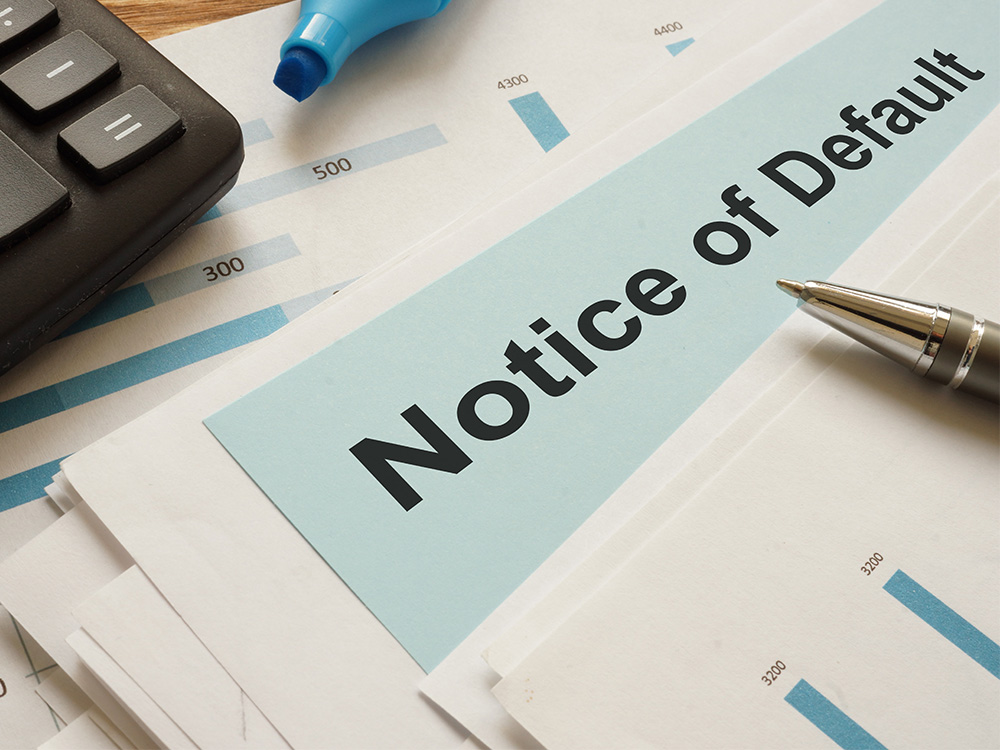On this page
How will property repossessions impact investors in 2023 How likely are repossessions in 2023? How much more will I pay if interest rates continue to rise? Will the impending property price drop or crash increase the likelihood of repossessions? Will the government step in if repossession orders become too high? How will a repossession affect my credit score, and how could this affect my ability to invest in the future? Could anything be done to prevent repossession?How will property repossessions impact investors in 2023
The Bank of England is scheduled to announce its next interest rate decision on 3 November 2022, which many investors believe will raise base rates from 2.25% to 3% or possibly 3.25%.
The jump is hotly anticipated by the UK media and every economist, and could see interest rates on mortgages climb from around 1.57% as of Q4 2021 to 6%+, making mortgage payments challenging for many across the UK. But how could this cause a rise in repossessions?

How likely are repossessions in 2023?
Due to higher interest rates, mortgage arrears and debt servicing costs, repossessions will likely increase in the coming months, and continue well into 2023.
National Statistics from the government have found that compared to Q2 2021, Q2 2022 saw mortgage possession claims increase by 39%, orders from 400 to 2,382 (496%), warrants from 525 to 2,419 (361%) and repossessions by county court bailiffs increase from 45 to 770 (1,611%). These figures are between 50% to 60% of pre-covid baselines.
While these figures already show a significant increase, one high street bank is predicting potentially higher repossession levels. UK-based bank, Santander is said to be preparing to put aside more funding for predicted defaults in 2023. The funding is said to have come just as they have increased their standard variable rate by 0.25 percentage points to 6.24% from the start of November 2022.
As interest rates continue to rise, property owners across the UK are seeing their mortgage terms ending, which will shift many from the basic rate of 1% to 6%+. The dramatic increase could potentially impact the profitability of their assets and increase the likelihood of repossession claims throughout 2023.
This in turn may see an increase in property investors looking to expand their portfolios by sourcing repossessed properties at auction for a lower price than market value.
How much more will I pay if interest rates continue to rise?
The average UK house price currently stands at £293,835, which would cost a property owner with a standard 1.57% interest rate mortgage around £1,185 per month.
In October 2022, interest rates rose to 6.47% for a two-year fixed rate, increasing monthly payments to £1,851, an increase of £666 per month.
As interest rates are set to further increase, the impact on mortgage repayments could be damaging for investors across the UK.
Will the impending property price drop or crash increase the likelihood of repossessions?
According to the most recent research, house prices will fall by 5% between November 2022 and 2023. A drop of this magnitude would reverse one-fifth of the rise in house prices since the pandemic began. Analysts also predict that 2024 may see house prices fall by 12%.
Lenders will be concerned about how far property prices could drop in the near future, and as such some lenders are already reducing their maximum loan-to-value (LTV) to avoid borrowers over-leveraging their properties.
For example:
A £150k loan on a property worth £200k would mean there is a 75% LTV.
If the property drops by 5% or £10k, the property value is now £190k, but the loan would still be £150k, so the LTV has increased to 78.9%.
If that LTV is beyond the risk appetite of the current lender, then the borrower will need to seek alternative finance. If no other lender is willing to take on the loan then the borrower may have no other choice than to sell the property to repay the loan or risk default.
So increases in LTV ratios may make repossessions more likely to occur, meaning that 2023-2024 could see many more property owners potentially losing their properties. The potential ramifications for the market from an influx of below-market value repossessed properties could, in theory, create a rapid change in the current status quo of demand outstripping supply. With distressed sellers exiting the market, coupled with effectively a fire sale of repossessed property, we might well experience a severe downturn in property prices. Whether that downturn escalates into a full-blown crisis is what many investors are wondering.
Will the government step in if repossession orders become too high?
During the pandemic, the government imposed a lender ban which restricted the ability of the banks to undertake repossessions. With the pandemic still negatively ripping through the UK's economic landscape, it poses the question of whether their powers may place the same or similar interventions if repossessions become a rising problem.
While lenders are now allowed to undertake repossession as they were pre-pandemic, reforms to the former Housing Possession Court Duty Scheme means that anyone facing repossession will now receive free early legal advice on housing before appearing in court, as well as continue to get advice and representation on the day of their hearing.
How will a repossession affect my credit score, and how could this affect my ability to invest in the future?
A repossession will significantly impact your credit score and could lead to many people struggling to borrow in the future.
Although repossession is not a quick process and can be mediated with the banks before it goes to court, the longer someone defaults on payments, the more impact that will have on their credit-borrowing ability.
If the repossession goes to court, you may also face a CCJ that will be on your records for six years, potentially leading to the inability to continue with current purchases and preventing further purchases from happening.
Could anything be done to prevent repossession?
In the unfortunate event that repossession is looking more likely, there are simple ways to prevent it from occurring.
Speak with your lender
Contact your lender immediately if you miss a mortgage payment on your investment property. You can explain to them:
- Why you're behind on your payments
- That you're working hard to pay off the debts
- That you will send them a repayment proposal as soon as possible
Even if your lender has begun legal action, you can contact them anytime. The sooner you reach them and discuss the options, the better your chances of retaining your property.
Pay as much as you possibly can
If you cannot pay your complete monthly instalment, it is preferable to pay something.
Small, consistent payments can:
- Demonstrate your dependability
- Demonstrate that you are attempting to manage your budget
- Demonstrate that you prioritise your mortgage
Consider selling your property
If the financial situation has become dire, you may choose to sell your property which could cover your mortgage and arrears costs.
However, it is only advisable to do this if you know there will be equity in the property; otherwise, additional charges could add to the financial burden.
Do not opt for a voluntary repossession
Voluntary repossession occurs when you leave your home and return the keys to your lender, which allows them to sell their property and recover their money.
While this sounds easy, voluntary repossession does not discharge your mortgage or arrears and is almost always a wrong move. Your credit rating will still be affected even though you returned the property to the lender. You will still be accountable for the monthly mortgage payments, repaying the arrears and any additional expenses, such as building insurance.
Although repossessions are likely to increase throughout 2023, the impact that it has on investors will be largely governed by the way in which lenders react and whether the government will intervene.
How lenders react, and whether the government chooses to intervene and then changes its mind, is the great unknown.
Auction Finance
Property Auction Finance is short-term finance used to purchase property at auction, including: uninhabitable properties, doer-upper's, short-lease, refurbs, flips, buy-to-lets (BTLs), conversions, renovations, development, land & commercial opportunities. It enables investors to take advantage of below market value (BMV) properties being sold at auction providing the finance to complete purchases within the 28-day limit.
Discover More





